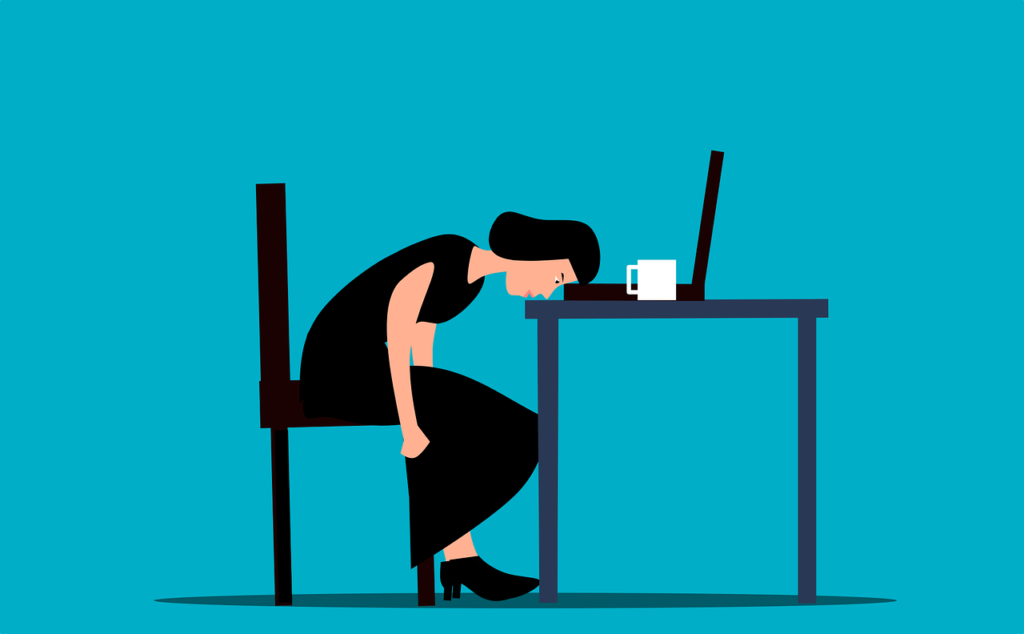When the Auditory Well of Vitality Runs Dry!
Gael Hannan (The Way I Hear It) is a hard of hearing advocate that understands both sides of the fence between the consumer and the hearing health care professional. Gael’s columns are humorous, sometimes cutting, but always constructive and to the point.

I can’t hear you – I’m too tired!
This was the name of an article I wrote for HearingHealthMatters.org in May, and it drew a huge emotional response from readers. It’s no surprise to you, the hearing professional, how zonked people with hearing loss can be after a day of intensive listening, speechreading, navigating loud sounds, and dealing with technology. It’s not a reflection on the fabulousness of the technical devices you’ve provided them – simply on the state of living with hearing loss.
Today, for example, I can’t hear as well as I could yesterday. I can hear the cats but understanding speech and following conversations are a temporarily lost art. Luckily, the Hearing Husband is the only one around, and he’s not interested in lengthy discussions. Ditto the cats.
Stress, noise, and fatigue have the power to drive my hearing and comprehension levels through the floor. And lately I’ve been kind of busy. First, I got a new cochlear implant sound processor which necessitated a new hearing aid that works on the same platform as the new sound processor. That’s a lot of adjusting! Then, add in some adventure travel, a new book, writing deadlines, chronic tinnitus and hyperacusis, family issues (mostly good), and we’re talking about mental and physical energy drain.
My well of vitality has run dry. It needs to be at least half full to function well communication-wise. By tomorrow, there will be more energy in it, but right now I need to do anything that doesn’t require auditory effort if that’s even a thing.
People with good natural hearing don’t understand how much energy it takes for people like me to listen, hear and communicate. We need focus and commitment – a lot of it – to make sense of all the moving bits of speech and conversations. So, at times like these, conversations that require me to look people in the eye, speechread them, think about what they are saying (or not saying), and respond accordingly, are challenges that I don’t always feel like rising to meet. If forced into it, I can easily tune out, meaning that many of the other person’s words go missing. Oh, sorry…did you just say something?
Sometimes it’s all just too much.
I used to wonder why people arriving home from work, would pull off their technical devices in search of silence. I’ve always been the type that wears my devices from sunrise to sunset because I like hearing stuff! But since developing chronic somatosensory tinnitus and living with LOUD every minute, I’d love some silence too. However, taking off my devices only ramps up my head sound. So now, I understand why people take off their ‘ears’ (and no lecture, please, on this being the wrong term).
When fatigue and cognitive overload drives us to the couch with a blankie and a book, we might just stay there until we’re ready to get up and cope – and that just might be tomorrow. We may avoid plans involving any energy and real people. TV or Netflix people are acceptable; we can use the captions to reduce our cognitive load and press mute if the sound becomes too much. We can even fall asleep.
It’s tough to explain this to the hearing people in our lives. But you’re the hearing professional, so you get it. That’s why you work hard to help us with appropriate hearing levels on our devices. Maybe you caution us about the cognitive fatigue associated with hearing loss and suggest ways to deal with it, such as other communication strategies to help reduce the impact of sound and listening.
Just until we can pull some more auditory vitality out of that well.

